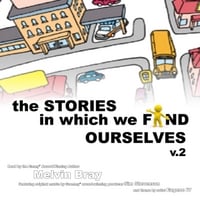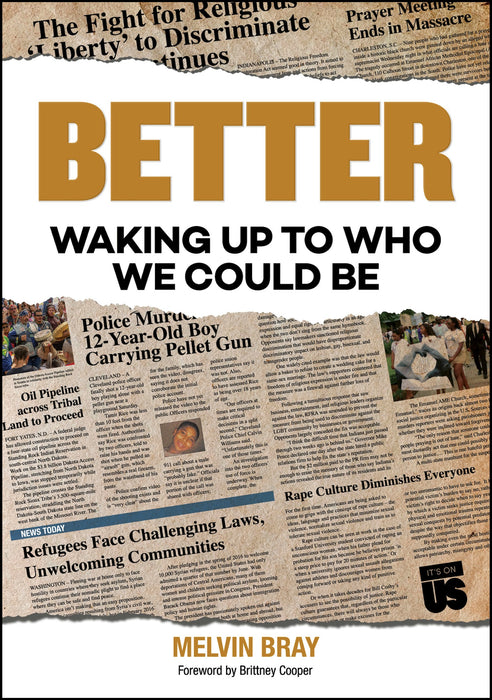Pentecost, A Poet's Tale
(from Acts 1 and 2—a story of incarnation)
"What in the world is going on? I've never participated in a Shavuot ("Festival of Weeks," a holiday commemorating the grain harvest and the teachings of Moses given at Sinai) so full of energy."
"I know. Isn't it great? It's as if God were about to give the Torah (teachings) to us all over again."
"I imagine this is exactly how it felt at the foot of Mount Sinai when Moses presented the Torah to the people for the first time. There had to be such a sense of promise. For the first time our people had tangible ways to practice being God's shalom (peace and good will) in the world."
"Isn't that Peter, the follower of Jesus, up there speaking?"
"It sure is!"
"Isn't he an uneducated Galilean fisher? Isn't his native tongue Aramaic? Where did he learn to speak Greek so eloquently?"
"Greek? What do you mean? That's the finest Leshon HaKodesh ("The Holy Tongue," Hebrew) I've ever heard. And to think that he'd be so bold as to use it for such a public occasion is magnificent! Praise Elohim!"
"What are you two talking about? I know both Greek and Hebrew. What you are hearing is Arabic, the language of the eastern scholars."
"What?"
. . . Finish the story!









